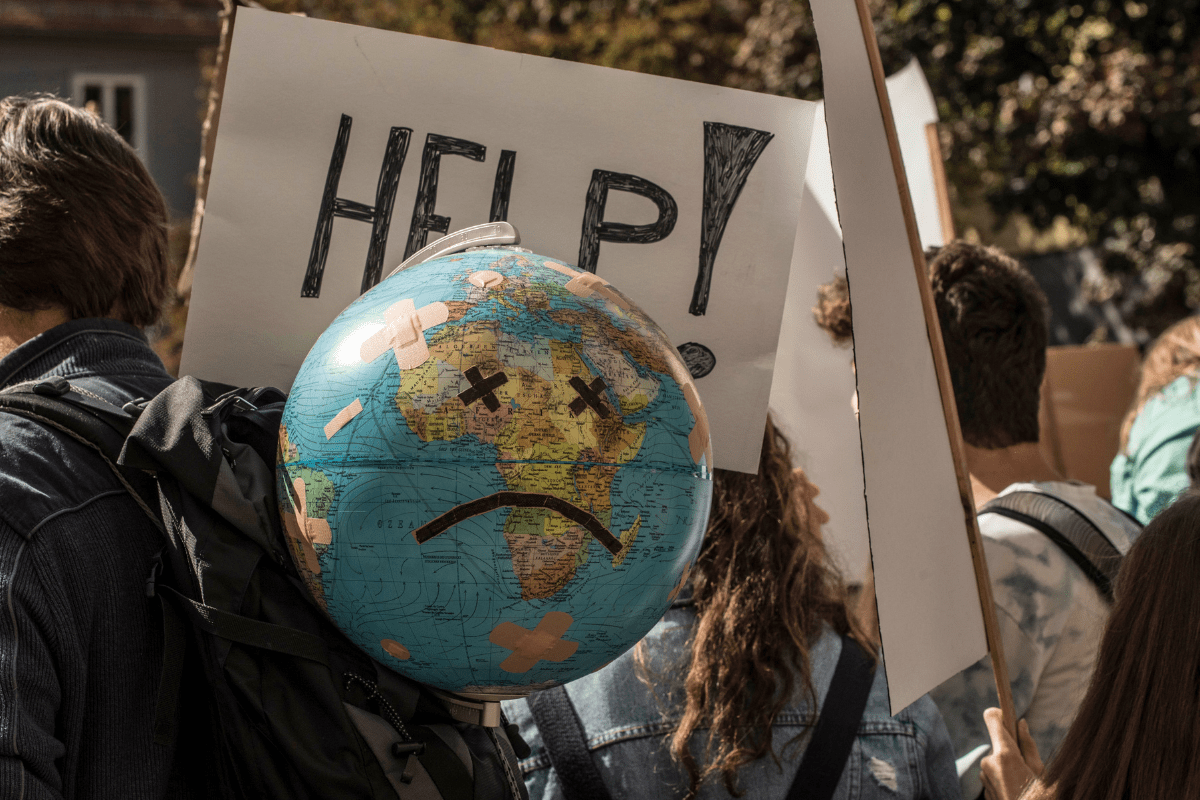A NEW STUDY CONDUCTED BY CMCC, PUBLISHED ON NATURE CLIMATE CHANGEDEMONSTRATES HOW CLIMATE POLICIES, IF WELL DESIGNED, CAN NOT ONLY COUNTER CLIMATE CHANGE, BUT ALSO REDUCE ECONOMIC INEQUALITIES. SO A MORE FAIR AND SUSTAINABLE SOLUTION
Climate change and inequalities: a dangerous link
Il climate change and the economic inequalities I am closely related phenomenawhich risk exacerbating each other if not addressed simultaneously.
A study published in Nature Climate Changehighlights this important link, using Otto’s data Integrated Evaluation Models (Integrated Assessment Models, IAMs) at large scale, to examine the distributional impacts of climate policies and climate-related risks.
The study provides solid evidence that climate-aligned policiesParis Agreement they can mitigate long-term inequalities while tackling climate change.
A model for just climate action
The study, led by Johannes EmmerlingSenior Scientist at the Euro-Mediterranean Center on Climate Change (CMCC), demonstrates how the climate change could increase inequalities within countries, increasing theGini index by an average of 1.4 points by 2100.
However, the implementation of ambitious climate policies — such as the carbon pricing — can significantly reduce this increase in inequality in the long term. The study shows that redistributing carbon pricing revenues equally among citizens it can not only compensate for short-term economic costs but also reduce inequalities, lowering the Gini index (indicator that measures how concentrated they are in a certain number of people) by almost 2 points.

Climate policies and social justice
One of the central aspects of the study is the role of carbon pricing. Equitably redistributing the proceeds of this measure among the population can guarantee immediate benefits to low-income familiesas we embark on a path towards greater climate stability.
«This research demonstrates that, with careful policy design, it is possible to simultaneously address climate change and economic inequality», spiega Emmerling.
This type of policy, he continues, could act as a guide for policy makers, offering them an operational tool for fairer and more feasible climate action.
A multi-model analysis for intelligent design
The study uses a innovative approachcomparing different models to evaluate the distributional effects of climate policies. The results show that, although there may be a temporary increase in inequality following the introduction of such policies, well-designed redistribution mechanisms can reverse the effects, contributing to greater social justice.
A message for policy makers
«This study comes at a crucial time», afferma Emmerling. «As countries seek to achieve their climate goals without exacerbating domestic inequalities, intelligent policy design is critical to ensure the benefits of climate action are equitably distributed».
Climate justice and global security
Massimo Tavoniauthor of the study and director ofEuropean Institute on Economics and the Environment at the CMCC, concludes by underlining the importance of aligning climate security and social justice: «This research highlights the need to integrate policies for climate security with those for social justice, demonstrating how international collaboration can address issues of fundamental importance».

